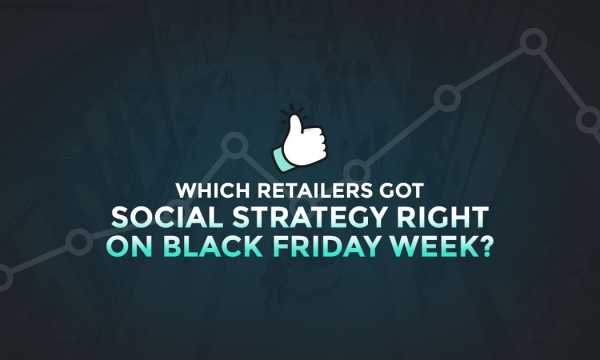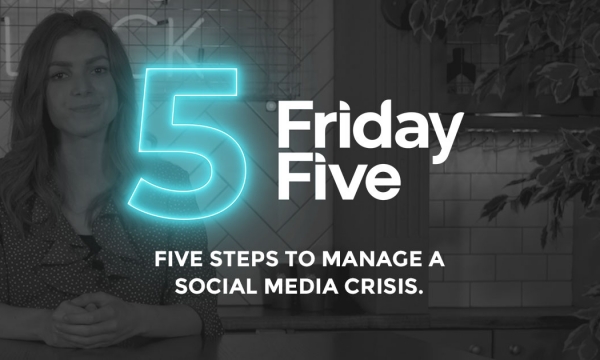
DHL, the official logistics partner for Formula One, was forced to issue an apology after a post drew a huge backlash following an accident involving Marussia team racer Jules Bianchi.
Bianchi was taken to hospital and underwent emergency surgery for brain injuries following a collision with a recovery vehicle during Sunday’s Japanese Grand Prix. The 25-year-old remains in intensive care.
The race was cut-short following the crash and shortly after, DHL posted six photos of the racer to its Formula One ‘Backstage’ Facebook page. In the post, it asked users to like the photos to send wishes of support to the injured driver. The post read:
“Ghastly accident in Japan. Jules Bianchi is fighting for his life. By clicking ‘like’ on this occasion, you’ll be sending Jules your best wished for a speedy recovery. #ForzaJules”
The post was immediately lambasted by users, criticising DHL for attempting to increase their Facebook reach and engagement off the back of the accident.
#DHL using Jules Bianchi's tragic accident to boost their page likes. Disgusting. pic.twitter.com/pD2y8O3zyS
— Scott Burns (@ScottTsukuru) October 5, 2014
#DHL using Jules Bianchi's tragic accident to boost their page likes. #WTF pic.twitter.com/7aiYIakXsO
— Frederic Nuyts (@FredericNuyts) October 6, 2014
RT @ScottTsukuru: #DHL using Jules Bianchi's tragic accident to boost their page likes. Disgusting. pic.twitter.com/Mb8w0ubxEa
— Neo Lukas (@lukasneo) October 6, 2014
Shame on #DHL trying to exploit Jules Bianchi's accident for their own purposes.
— Christopher Lane (@technosworld) October 6, 2014
DHL has since removed the post and issued an apology, reading:
“Based on feedback we've received about a post on Sunday regarding Jules Bianchi, we have removed the post and would wish to apologise for any offence caused.
"To clarify the matter, we were not asking people to like our page, only the photo, and it was never our aim to promote the site or DHL but was meant simply as a gesture of support for Jules Bianchi, based on our longstanding involvement in the F1 world.
"Taken out of context, we accept that it could be interpreted as inappropriate or cynical, but this was definitely not the intention of our social media team."
Why are brands still getting this wrong?
The apology from DHL is perfectly fair and reasonable, and only the biggest cynic would suggest that this was anything other than a case of genuinely good natured intention being ill-thought and badly executed. That is one of the biggest risks of responsive and reactive marketing.
Had DHL simply posted a message of support, without the call to action, it’s likely that the response would have been much more positive than it was. Instead, they went down a route that was aimed at attracting ‘likes’, which would in turn increase the page’s reach and engagement statistics.
But it begs the question as to why so many brands continue to fall into the same trap – commenting on current events to generate interest in a brand when isn’t necessary, relevant or appropriate. Quite frankly, should brands be commenting on world affairs?
People don’t care if a brand is wishing them a Happy Easter, hoping that they have a nice weekend or giving their congratulations to George Clooney and Amal Alamuddin on their wedding. Modern social media users are smart enough to see through it.
If a customer is buying something from you, give them things they’ll find useful, relevant and entertaining. Yes, absolutely, comment on the clothes the stars wore at the Soap Awards, but only if you’re a brand that can help customers recreate the very same look in one way or another.
But the golden rule? Avoid using the word ‘like’. It’s cynical, it’s irritating and it actually does nothing to help you understand how people are engaging with your page. Yes, a one-off spike in engagement looks great on a report, but what is it actually telling you about how your branded content is being received? Probably not.


